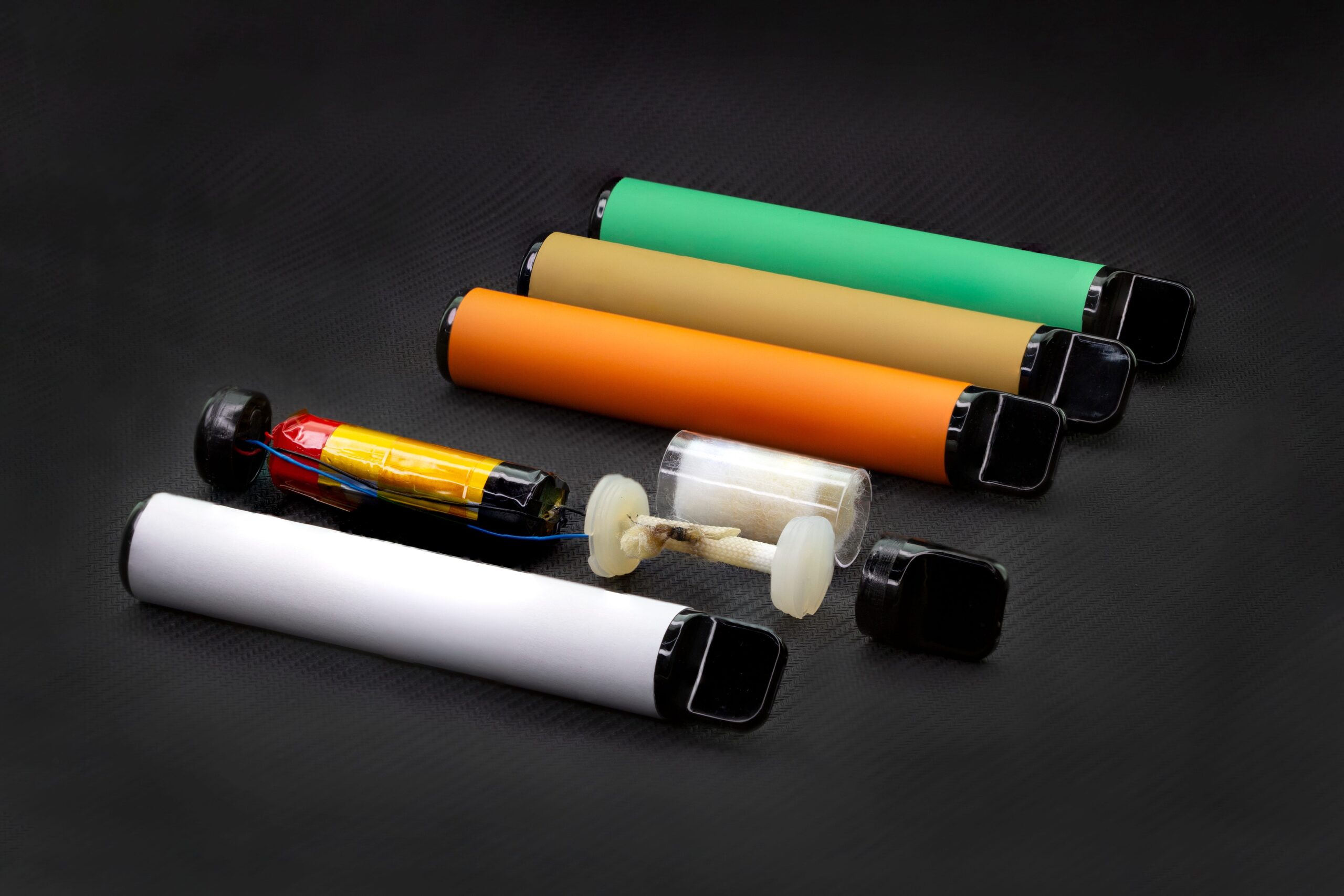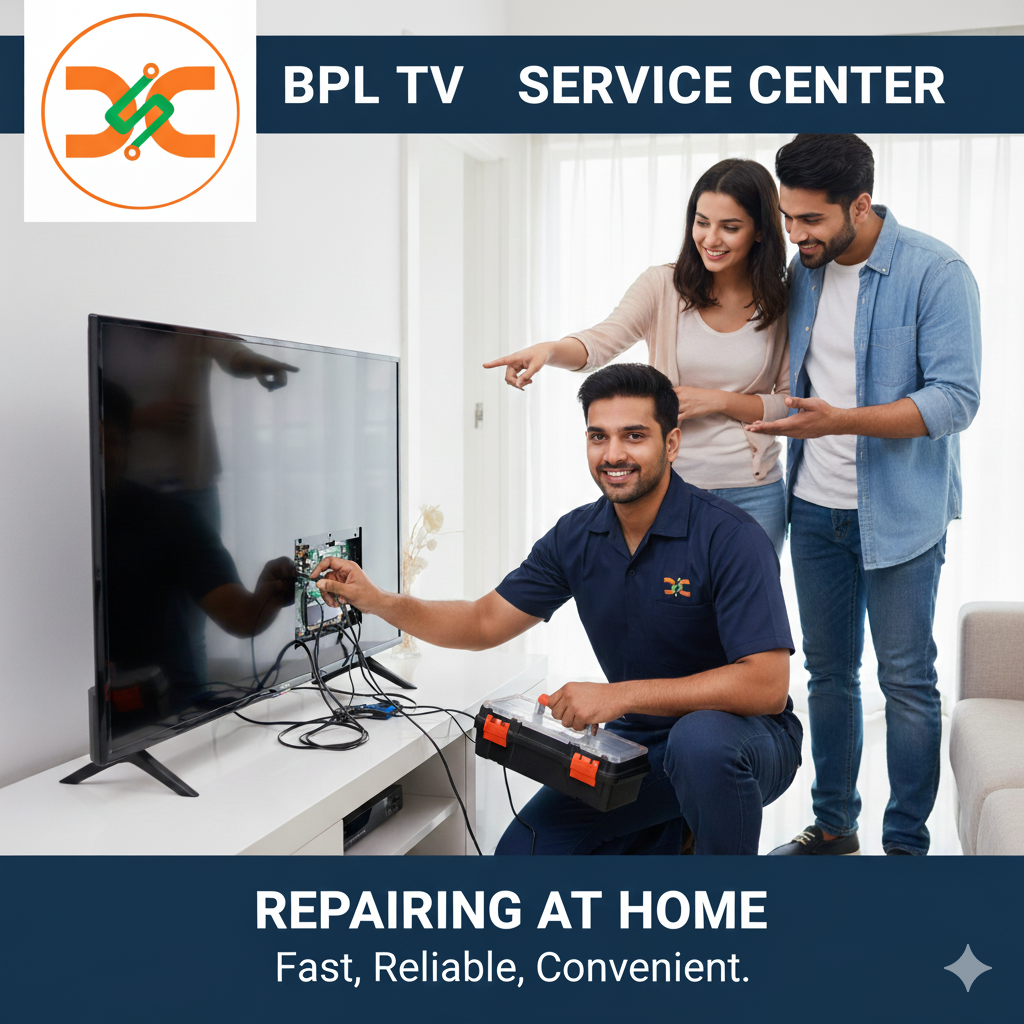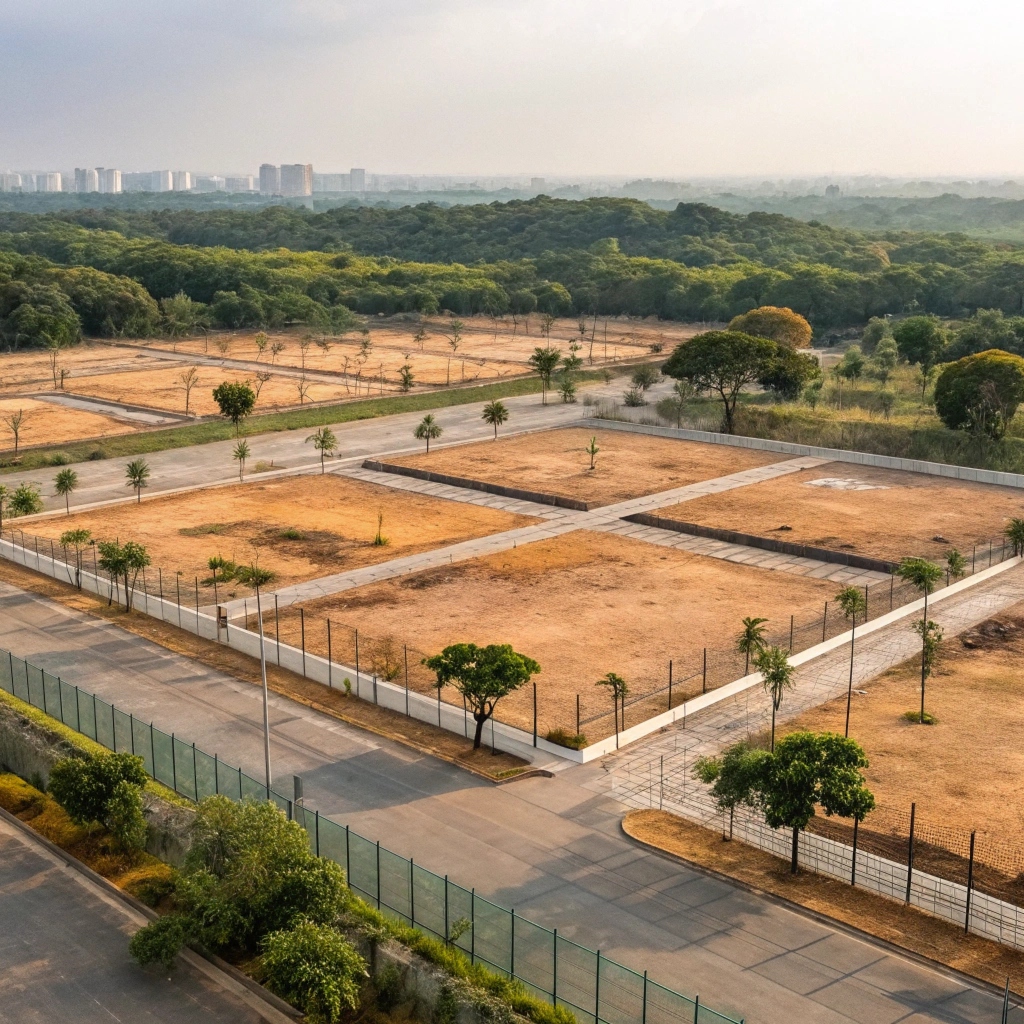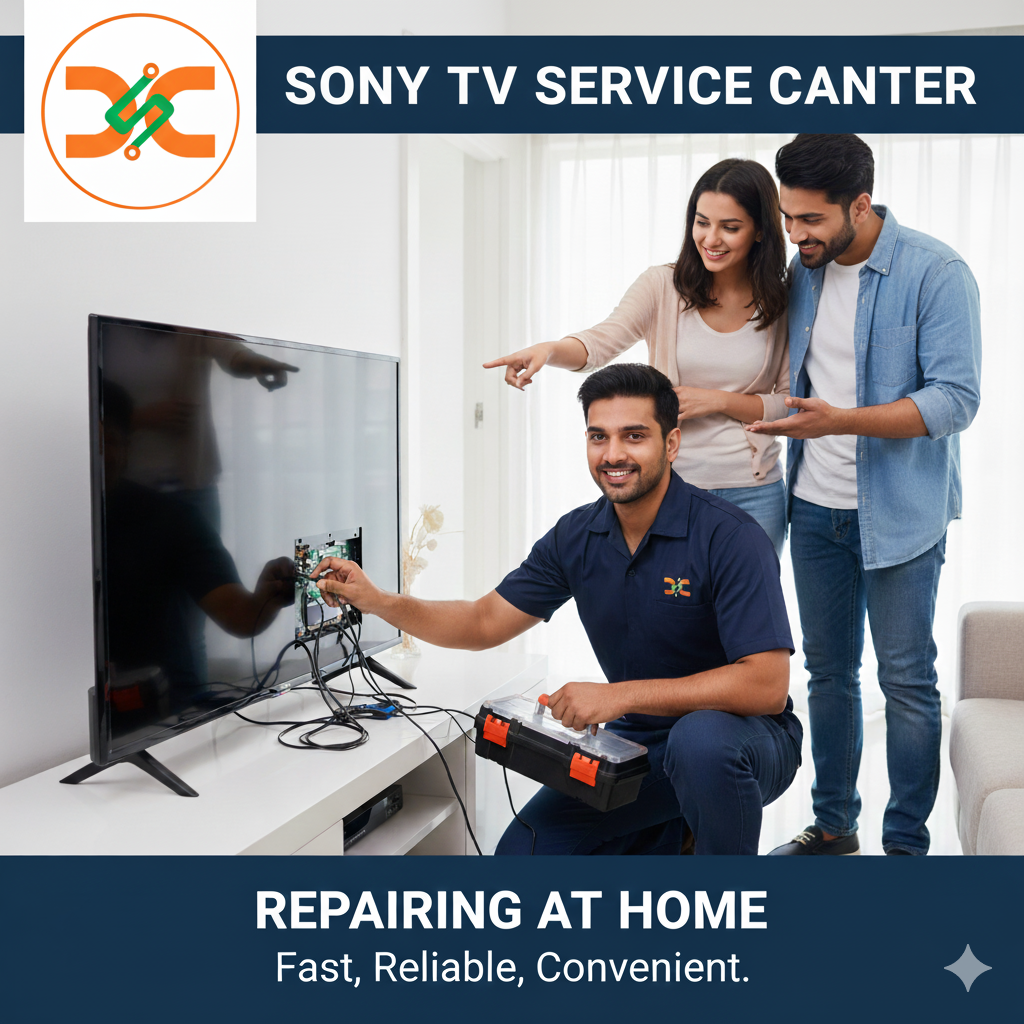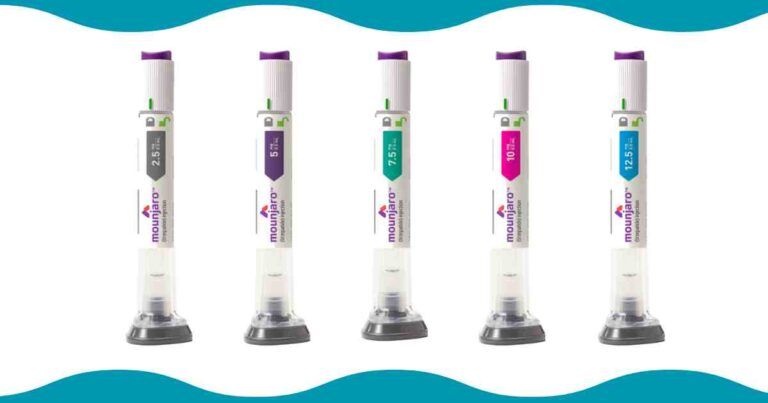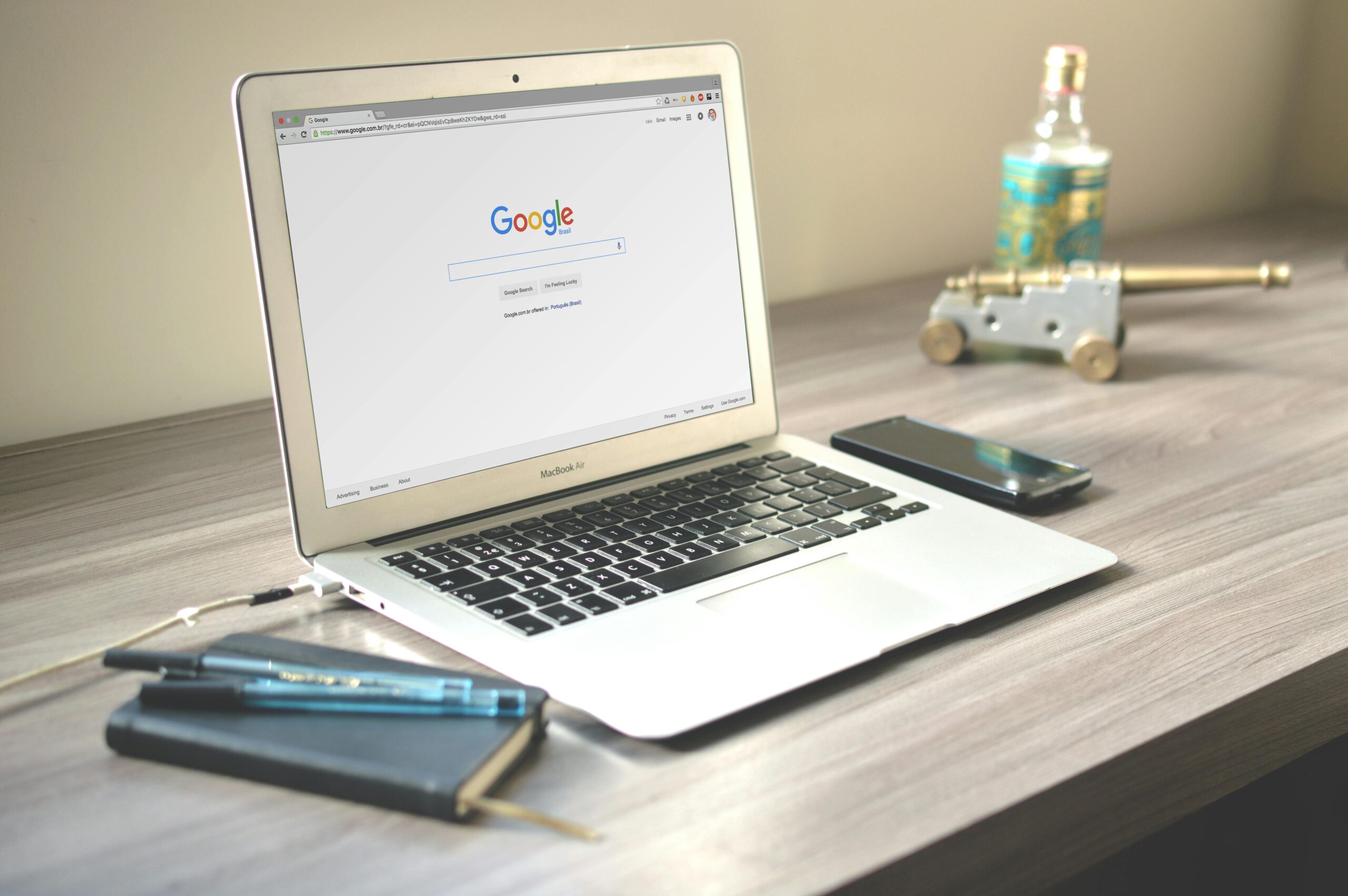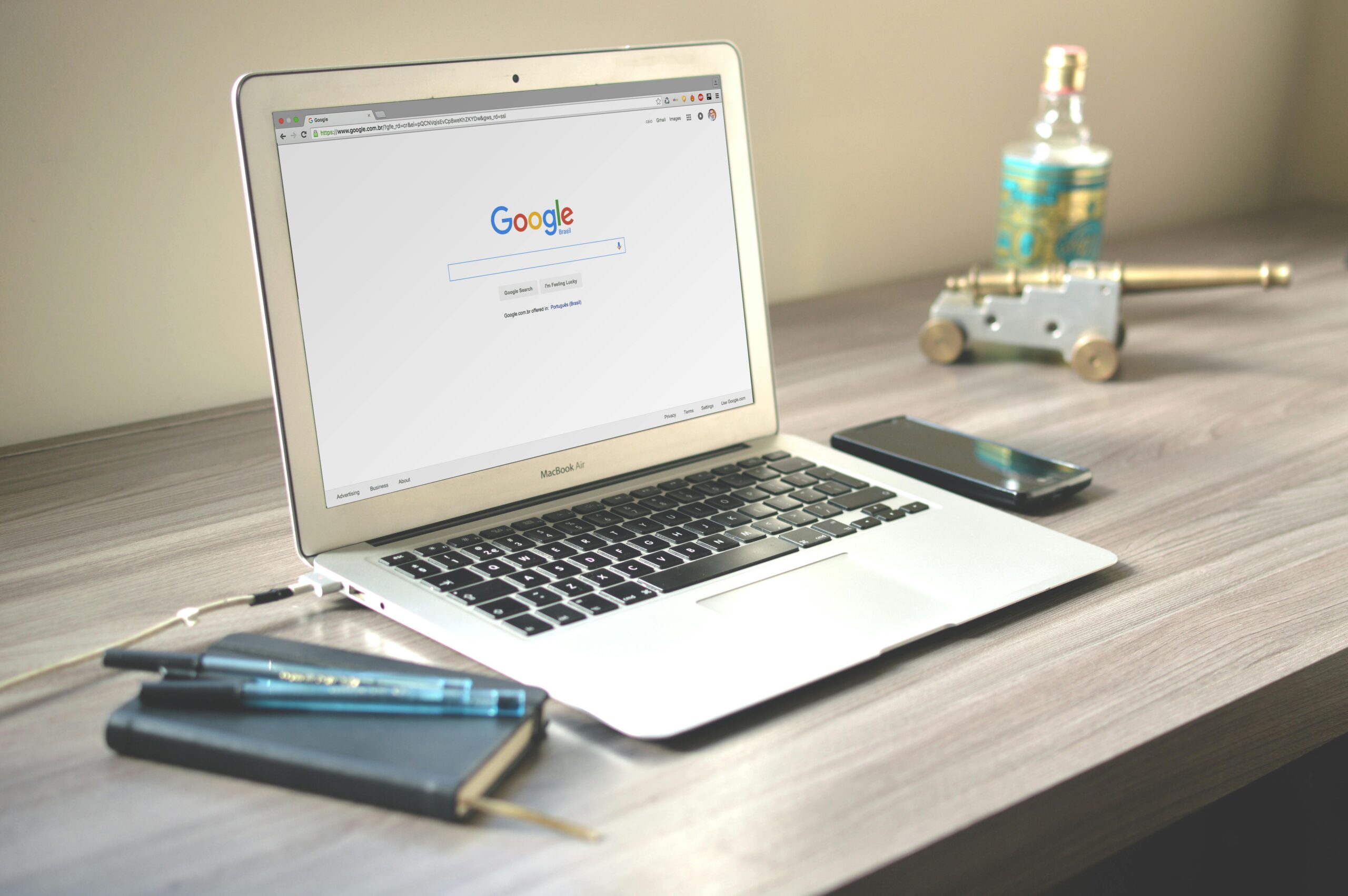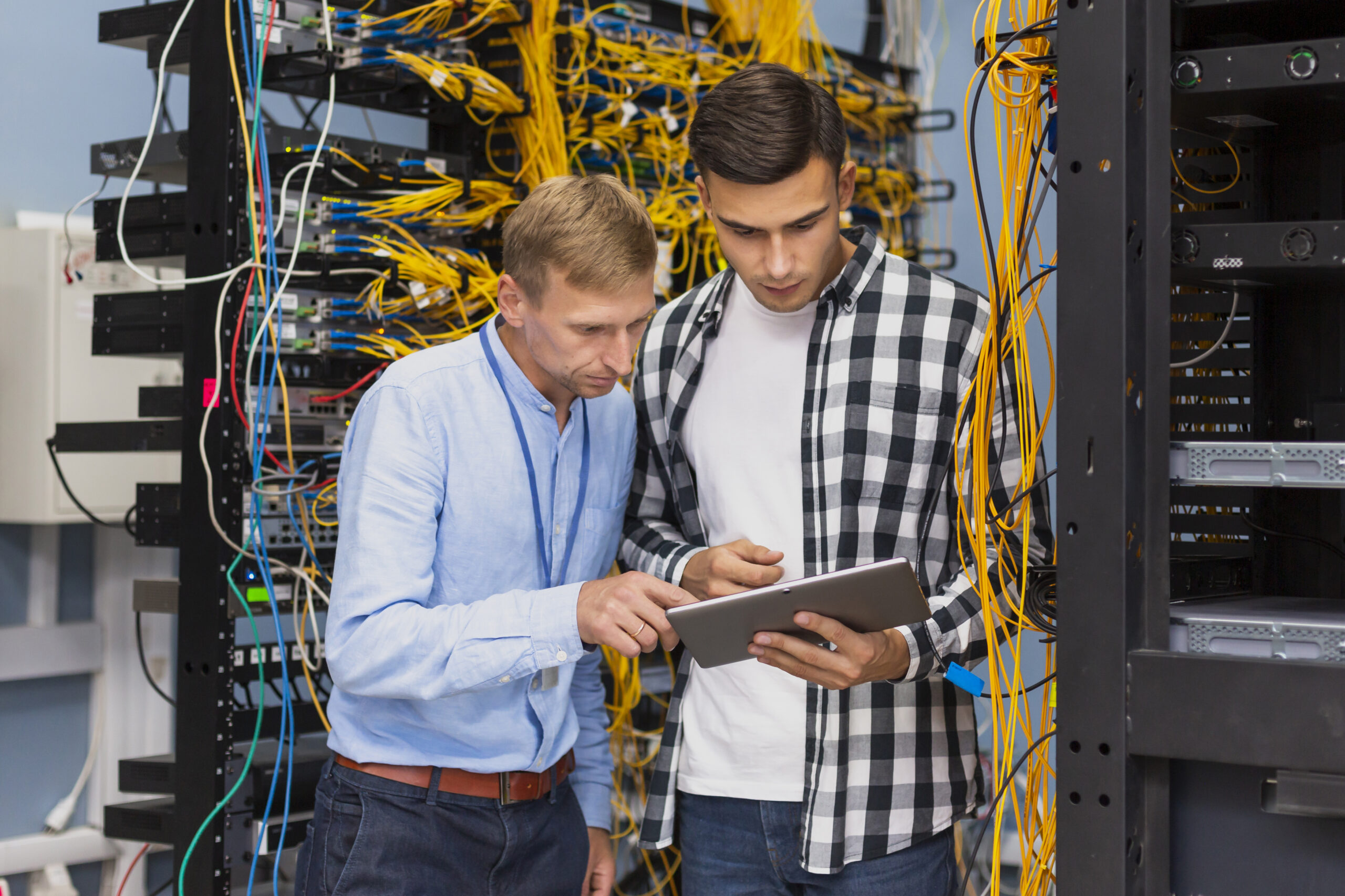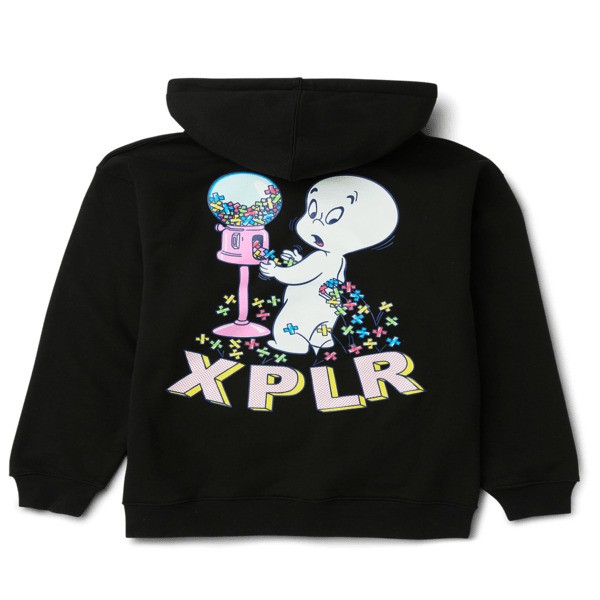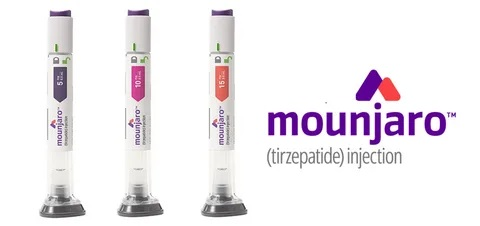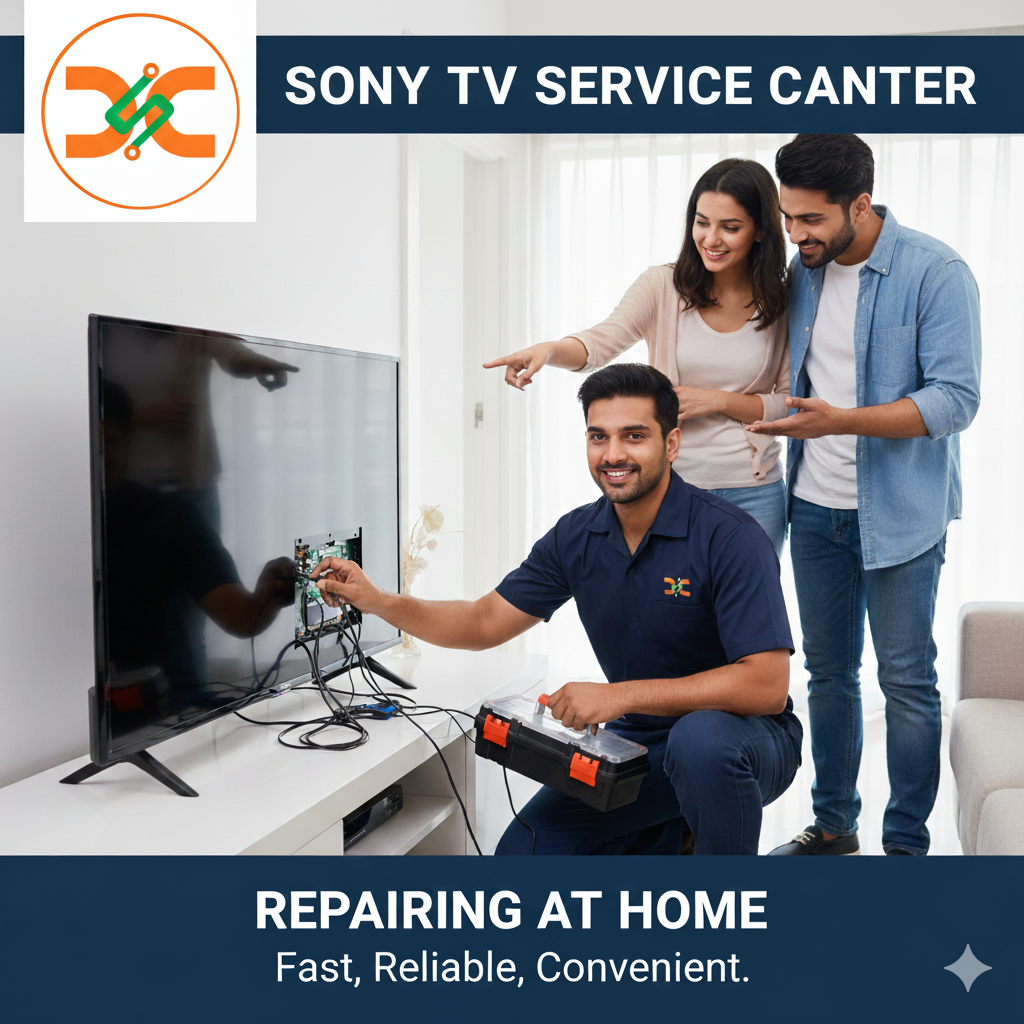A Roadmap for a Greener Future:Existing Businesses in Dubai

Dubai, a global hub for trade, tourism, and innovation, is increasingly recognizing the critical importance of sustainability. As the world grapples with climate change and resource depletion, businesses in Dubai are under growing pressure – and simultaneously presented with significant opportunities – to integrate sustainable practices into their operations. This isn’t just about adhering to environmental regulations. It’s about future-proofing businesses, enhancing brand reputation, attracting conscious consumers, and contributing. The long-term prosperity of the Emirate. For existing businesses in Dubai looking to embark on this crucial journey, understanding the “how-to” is paramount. This article serves as a comprehensive guide, outlining the key steps and considerations for seamlessly weaving sustainability into the fabric of your organization, with insights relevant for businesses of all sizes and sectors, potentially with the guidance of a knowledgeable business setup consultant in Dubai.
The journey towards sustainability begins with a thorough assessment of your current environmental footprint. This involves analyzing your energy consumption, water usage, waste generation, supply chain practices, and transportation logistics. Conduct an audit to identify areas where your business has the most significant environmental impact. This data-driven approach will provide a baseline against which progress can be measured and will help prioritize areas for improvement. Consider engaging environmental consultants or utilizing online tools to facilitate this assessment. Understanding your current standing is the first crucial step before formulating any sustainable strategies.
Once you have a clear understanding of your environmental impact, the next step is to define clear and measurable sustainability goals. These goals should be specific, measurable, achievable, relevant, and time-bound (SMART). For instance, instead of a vague goal like “reduce waste,” a SMART goal would be “reduce non-hazardous waste by 20%. Next two years through improved recycling programs and waste reduction initiatives.” These goals should align with your overall business objectives and consider the local context and regulations in Dubai. They should also be communicated clearly to all stakeholders within the organization to foster a sense of shared responsibility.
With defined goals in place, the next phase involves developing and implementing specific sustainability initiatives. These initiatives will vary depending on the nature of your business but can encompass a wide range of actions:
-
Energy Efficiency:
Implement energy-saving measures such as switching to LED lighting, optimizing HVAC systems, using energy-efficient equipment, and exploring renewable energy sources like solar power, which is increasingly viable in Dubai’s climate. Encourage energy-conscious behavior among employees through awareness campaigns and training.
-
Water Conservation:
Implement water-saving fixtures, monitor water usage, repair leaks promptly, and explore water recycling options where feasible. For landscaping, consider drought-tolerant plants and efficient irrigation systems.
-
Waste Management:
Implement a comprehensive waste management program that prioritizes reduction, reuse, and recycling. Establish clear segregation guidelines, partner with licensed waste management companies in Dubai.The explore opportunities for composting or repurposing waste materials.
-
Sustainable Procurement:
Integrate sustainability criteria into your procurement processes. Prioritize suppliers who adhere to environmental and social standards, source locally where possible to reduce transportation emissions, and opt for products with recycled content or sustainable certifications.
-
Supply Chain Optimization:
Analyze your supply chain for environmental and social risks and opportunities. Collaborate with suppliers to improve their sustainability practices and promote transparency throughout the value chain.
-
Transportation and Logistics:
Optimize delivery routes to reduce fuel consumption and emissions. Encourage the use of electric vehicles or hybrid fleets where feasible, and promote sustainable commuting options for employees, such as carpooling or public transport.
-
Employee Engagement:
Educate and engage your employees in your sustainability initiatives. Foster a culture of environmental awareness through training programs, internal communication campaigns, and opportunities for employee involvement in green teams or sustainability projects.
-
Green Building Practices:
If you own or manage your premises, explore green building certifications and implement sustainable design and operational practices to minimize environmental impact and enhance occupant well-being.
Leveraging Technology for Sustainability is becoming increasingly crucial. Dubai is a smart city, and embracing technological solutions can significantly enhance your sustainability efforts. This includes using smart meters to monitor energy and water consumption, implementing digital platforms for waste management and tracking, utilizing AI-powered tools for optimizing logistics and resource allocation, and adopting cloud-based solutions to reduce paper consumption and improve efficiency. Investing in the right technological infrastructure can provide valuable data insights and automate sustainable practices.
Transparency and Communication are vital for building trust with stakeholders and showcasing your sustainability efforts. Regularly report on your progress towards your sustainability goals through sustainability reports or integrated annual reports. Communicate your initiatives and achievements to customers, investors, employees, and the wider community through your website, social media channels, and marketing materials. Authenticity and transparency are key to building a credible reputation as a sustainable business in Dubai.
Navigating the Regulatory Landscape in Dubai is an important aspect of integrating sustainability. The UAE government has launched various initiatives and regulations to promote environmental protection and sustainable development, such as the UAE Green Agenda 2030 and specific regulations related to waste management, energy efficiency, and emissions. Staying informed about these regulations and ensuring compliance is crucial for businesses operating in Dubai. A business setup consultant in Dubai with expertise in environmental regulations can provide valuable guidance in this area.
Furthermore, engaging with the local community and participating in sustainability initiatives can enhance your brand image and contribute to the broader sustainability agenda of Dubai. This could involve partnering with local environmental organizations, participating in community clean-up drives, sponsoring green events, or supporting local sustainable businesses. Such engagement demonstrates your commitment to the well-being of the community and the environment.
Measuring and Reporting Progress is essential to track the effectiveness of your sustainability initiatives and identify areas for improvement. Establish key performance indicators (KPIs) related to your sustainability goals and monitor them regularly. Collect data on energy consumption, water usage, waste reduction, emissions, and other relevant metrics. Regularly analyze this data and report on your progress internally and externally. This data-driven approach allows for continuous improvement and ensures accountability.
Integrating sustainability into existing businesses in Dubai is not a one-time project but an ongoing journey that requires commitment, collaboration, and a long-term perspective. It requires a shift in mindset and a willingness to embrace new ways of operating. While the initial investment in sustainable practices may seem daunting. The long-term benefits, including cost savings, enhanced brand value, improved stakeholder relations. A positive contribution to the environment,far outweigh the costs.
For businesses navigating this complex process, seeking guidance from a business setup consultant in Dubai who understands the local regulatory landscape and has expertise in sustainability can be invaluable. They can assist with conducting environmental assessments, developing tailored sustainability strategies, navigating permitting processes related to green initiatives, and connecting businesses with relevant resources and partners.
In conclusion, integrating sustainability practices is no longer a niche trend but a fundamental imperative for businesses in Dubai. By embracing a holistic approach that encompasses environmental, social, and economic considerations, businesses can not only contribute to a greener future for the Emirate but also enhance their competitiveness, resilience, and long-term success in a rapidly evolving global landscape. The journey requires commitment, a strategic approach, and a willingness to adapt. But the rewards for both businesses and the environment are significant and enduring. Read more about Dino Tube and Digit Inline.


 English
English 




